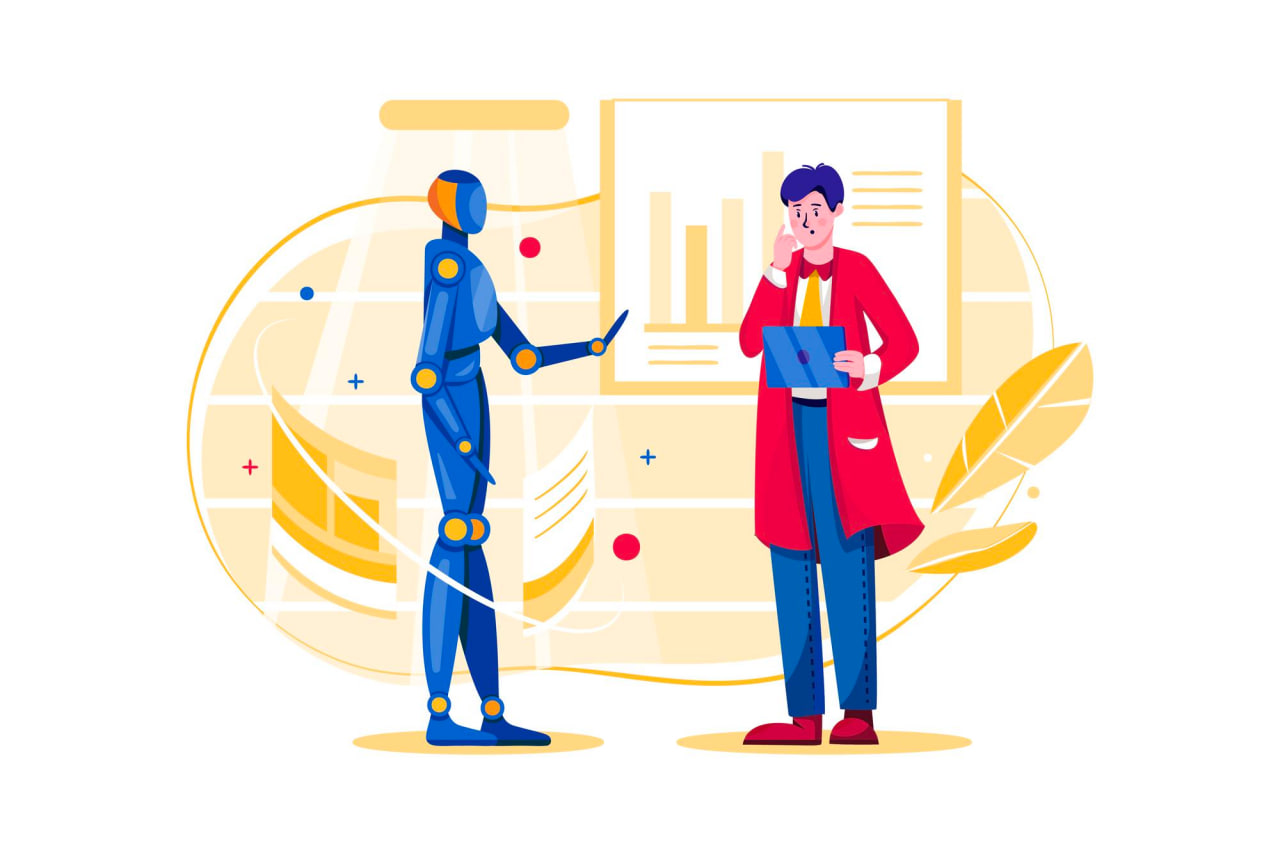The age of Artificial Intelligence (AI) has ushered in a new era of possibilities across various industries, and content localization is no exception. Gone are the days when translating and adapting content for global audiences was a labor-intensive, time-consuming process. With the advent of AI, content localization is becoming more efficient, accurate, and scalable. In this blog post, we’ll delve into the ways AI is revolutionizing the field of content localization.
Speed and Efficiency
Traditional localization processes often involve multiple steps, from translation and subtitling to cultural adaptation and quality assurance. AI accelerates these processes by automating many of the tasks that would otherwise require human intervention. For example, Neural Machine Translation (NMT) can translate an entire video’s subtitles in a fraction of the time it would take a human translator.
Improved Accuracy
AI algorithms, particularly those based on machine learning, continually improve over time by learning from more data. This means that the quality of translations and localized content can actually improve as more people use the service. Advanced Natural Language Processing (NLP) algorithms can even capture idiomatic expressions, slang, and cultural nuances that are often missed in traditional translation methods.
Cost-Effectiveness
AI’s ability to automate various aspects of the localization process significantly reduces the overall cost. This democratizes access to localization services, making it feasible for even small content creators to reach global audiences without breaking the bank.
Real-Time Localization
Imagine watching a live stream that is being translated and subtitled in real-time. AI makes this possible. Real-time localization opens up new avenues for content creators to engage with a global audience, from live events to real-time social media updates.
Data-Driven Insights
AI doesn’t just help in the localization of content; it also provides valuable insights into audience behavior. Machine learning algorithms can analyze viewer engagement, preferences, and even predict future trends. This data-driven approach allows content creators to tailor their localization strategies more effectively.
Scalability
One of the most significant advantages of AI-driven localization is its scalability. Traditional methods often require a linear increase in resources to handle more content. In contrast, AI algorithms can easily scale to accommodate larger volumes, making it easier for businesses to expand into new markets rapidly.
Ethical and Quality Considerations
While AI offers numerous advantages, it’s essential to approach it with ethical considerations in mind. Issues like data privacy and the potential for algorithmic bias should be addressed. Moreover, a human-in-the-loop system can ensure that the localized content meets quality standards and is culturally sensitive.
Conclusion
AI is not just an incremental improvement for content localization; it’s a paradigm shift. From automating translations to providing data-driven insights, AI is making content localization faster, more accurate, and more accessible than ever before. As we continue to advance in this exciting field, the possibilities for reaching a global audience are virtually limitless.
Need help in translating your video content? Embark on a transformative journey with Go Global and witness your YouTube empire soar to new heights. Embrace the power of AI-driven video localization to transcend language barriers, engage global viewers, and maximize your revenue potential. With Go Global as your trusted partner, there are no boundaries to your success.




Use the share button below if you liked it.